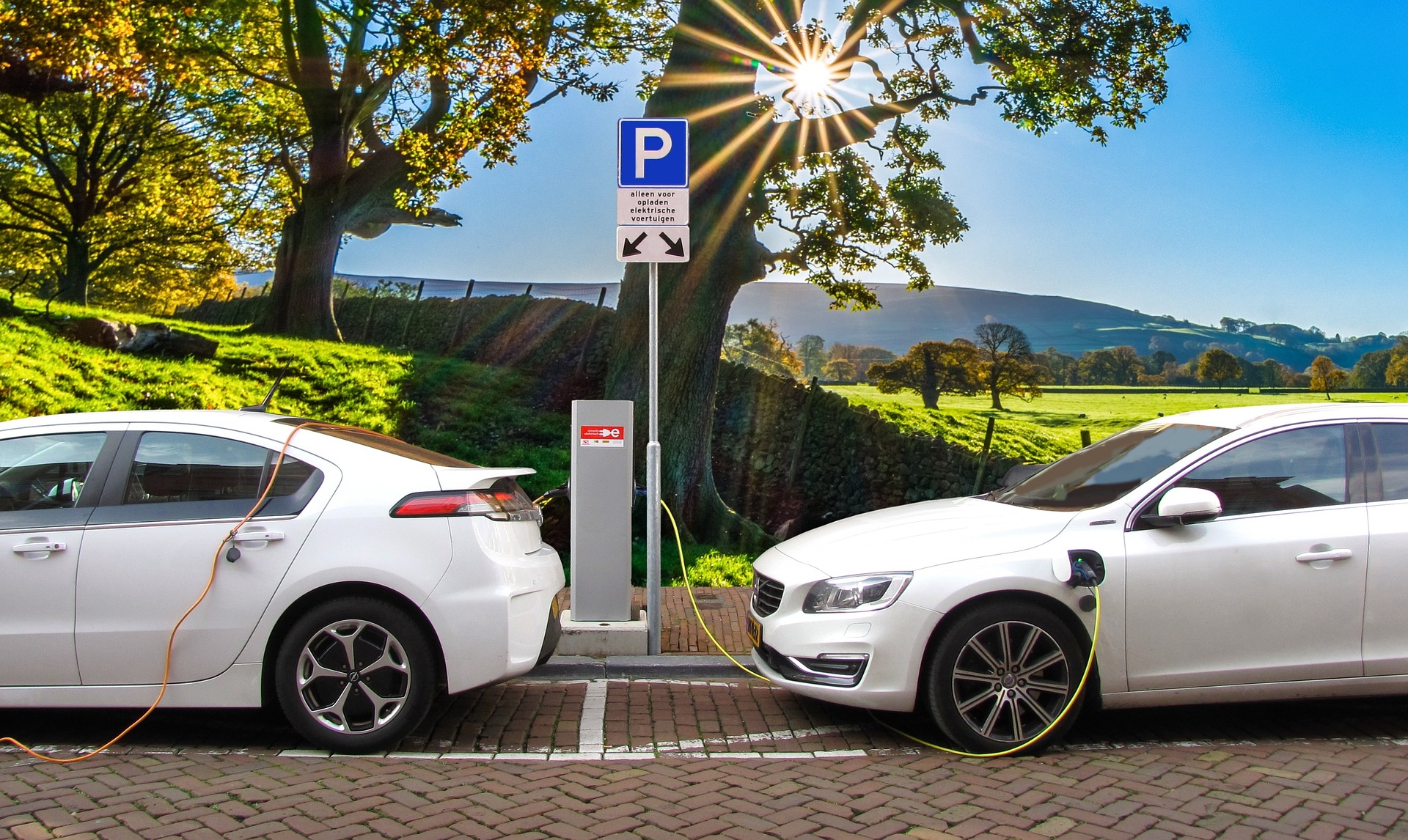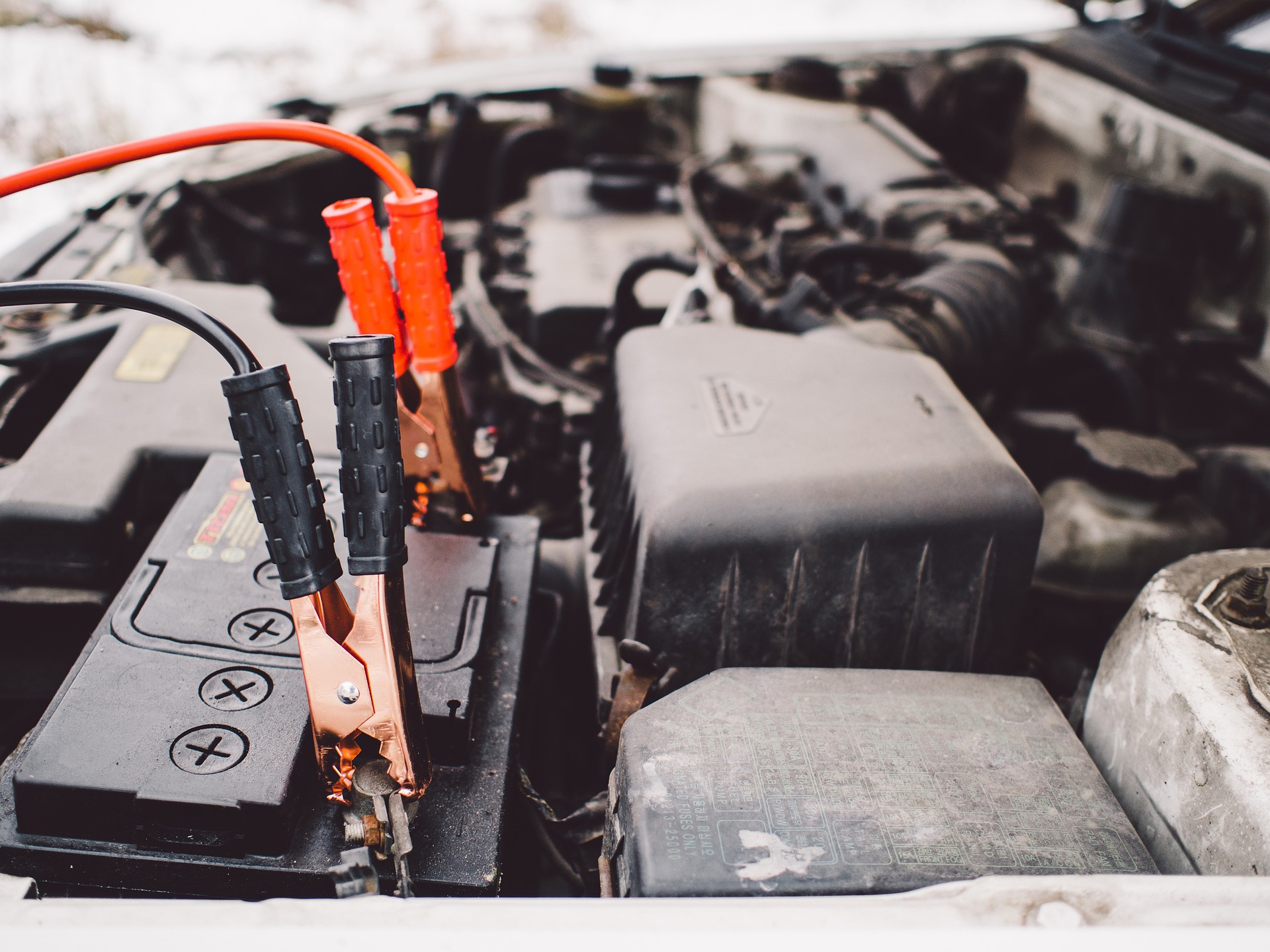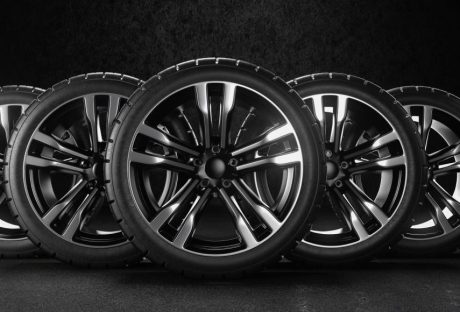You’ve taken the leap into electric vehicles, leaving behind petrol fumes and high bills at the forecourt lured by the prospect of low running costs, no vehicle tax, and low emissions. Or maybe you’re just considering ditching fuel tanks for plugs and are doing the maths, calculating whether the savings you can rack up with an EV, from the government’s rebate to lower servicing charges, can offset the higher initial outlay.
While electric vehicles are exempt from vehicle tax and from charges in London’s congestion zone, and you can rack up discounts on parking permits from many councils, you can’t avoid some of the standard costs of owning a vehicle. A major, unavoidable expense is for car insurance, which is a legal requirement for any vehicle using or even parked on public roads in the UK. If you’ve never sought out or arranged insurance for an electric vehicle, you might be baffled about where to start.
Cost and Providers:
You may heard electric vehicles are significantly more expensive to insure and that you’ll need to see out a specialist provider. It’s true that the market for electric vehicles, and therefore for insurance for electric vehicles, is still in its infancy. As of the end of September 2018, there are just 178,000 plug-in vehicles (including fully electric vehicles and plug-in hybrids) registered in the UK, out of a total of 37.3m vehicles on our roads. But the number is rising quickly: there were 5,000 new registrations of plug-in vehicles each month of 2018, while in 2014 just 400 new plug-in vehicles were being driven off lots.
With the increasing uptake of EVs and hybrids, especially in the run up to the 2040 ban on petrol and diesel vehicles, the cost and complication of insuring them will fall. Electric vehicle insurance policies will become standard fare from mainstream insurers.
Today, the higher purchase price of EVs drives up insurance premiums for them, as insurers need to consider to cost of replacing your vehicle if it’s stolen or damaged beyond repair.
But even now you might find insuring an electric vehicle might be comparable to, or even cheaper, than insuring a petrol- or diesel-powered car, owing to the small size and less powerful engines on EVs and the discounts some insurers can give you for driving environmentally-friendly cars.
However, the process of obtaining insurance quotes and policies for an electric vehicle is different than that for EVs and a rundown will be helpful as you start your electrically-powered journey.
What Impacts Cost of Insurance for Electric Vehicles:
You’re probably familiar with the features of a standard vehicle that can inflate, or reduce, your monthly premiums for its insurance, including its car insurance group, the size of its engine, and purchase price. For insuring electric vehicles, there’s a new calculus, accounting for who owns the battery and the risk posed by (not kidding) power cables.
leased batteries:
Some EV manufacturers like Renault and Clio offer motorists the option of buying the vehicle outright but leasing its battery, with a monthly fee and mileage agreement. These arrangements spare you the steep cost of replacing batteries when they lose functionality after a few years. But if you’re leasing the battery, you’ll need to inform your insurer when obtaining quotes, as a leased battery will affect who needs to be paid if your electric vehicle is written off. Additionally, some policies may not cover leased batteries.
power cables and liability:
Much like your smartphone, your electric vehicle will need to be charged, just with a very big cord. If you’re charging in your driveway or garage, you won’t have to worry about the cord trailing large distances. But if you’re charging your vehicle while it’s parked on the street or at a public charging station, that cord could pose a tripping hazard. When obtaining an insurance policy for your electric vehicle, you should ensure it provides enough liability cover to protect you if a member of the public face-plants over your cable.
fires from at-home charging:
If your electric vehicle or cable fire while plugged in in your driveway or garage you might wonder which insurance policy will pay out: your home insurance policy or the one for your car. That ultimately depends on where the fire originates, but the risk of an electric fault within your vehicle causing a fire that then destroys you home can push up premiums for car insurance for EVs.
green discounts:
Some insurers will offer discounts of up to 5% on your annual premiums as a reward for you driving an environmentally-friendly car. Others will make charitable donations to green causes in your name from your premiums or plant a certain number of trees.
Read Also:






















